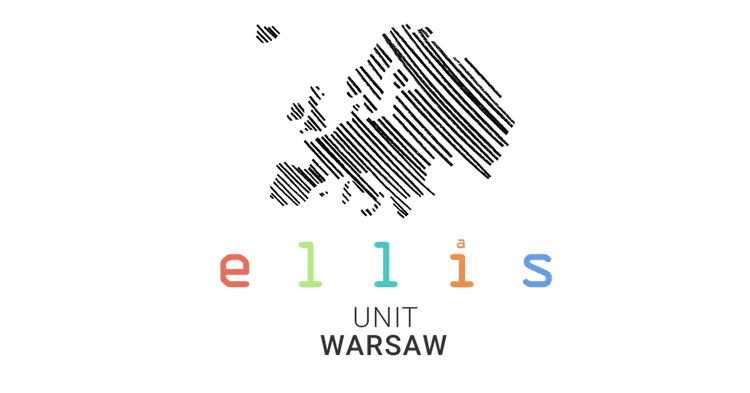- ELLIS Unit Warsaw, part of IDEAS NCBR, is Poland’s first ELLIS unit and a key hub for AI research in central and eastern Europe.
- Focuses on improving energy efficiency in AI and machine learning systems, addressing Poland’s reliance on fossil fuels for electricity.
- Aims to develop a taxonomy for AI model efficiency, similar to energy ratings for consumer appliances.
- Seeks to raise awareness about resource consumption of large AI models and promote adoption of more efficient alternatives.
- Integrates within the broader ELLIS network to enhance geographic diversity and access EU funding opportunities.
- Collaborates with European initiatives like the European Lighthouse of AI for Sustainability and projects such as EXALT.
- Plans to attract international talent and expand global partnerships to drive innovation and sustainability.
Main AI News:
In a significant move for AI research and development, the new ELLIS Unit Warsaw has launched under the auspices of IDEAS NCBR, the AI center established by Poland’s National Centre for Research and Development. Positioned strategically as the inaugural ELLIS unit in Poland and one of the few in central and eastern Europe, this initiative aims to spearhead advancements in the energy efficiency of AI and machine learning systems.
Tomasz Trzciński, director of the unit, underscores its pivotal role in addressing Poland’s energy landscape, where over 70% of electricity is generated from fossil fuels. He sees this challenge as an opportunity to drive transformative research and establish a framework for enhancing AI sustainability. Drawing parallels with consumer appliances, Trzciński envisions creating a taxonomy that rates AI model efficiency, akin to energy efficiency labels, to guide industry standards and consumer choice.
The unit’s strategy includes raising awareness about the resource-intensive nature of large-scale AI models and advocating for the adoption of more efficient alternatives. Trzciński emphasizes that this isn’t just about innovation but also about ensuring business viability and global competitiveness, particularly in comparison to tech giants like the US and China.
Integration within the broader ELLIS network across Europe is a cornerstone of the unit’s approach. By leveraging Poland’s membership, ELLIS Unit Warsaw aims to enhance geographical diversity within the network and tap into EU funding opportunities, such as those provided through Horizon Europe’s initiatives for Widening countries.
Trust-building through rigorous research and collaborative initiatives is also central to their mission. Partnerships with the European Lighthouse of AI for Sustainability and involvement in projects like EXALT underscore their commitment to advancing AI technologies that address global challenges such as climate change and energy sustainability.
Looking ahead, Trzciński envisions ELLIS Unit Warsaw as a magnet for global talent, welcoming PhD students and researchers from diverse backgrounds to contribute to its ambitious agenda. With support from IDEAS NCBR, national science agencies, and European grants, including collaborations with industry leaders like Wellbee and Livespace, the unit is poised to lead the charge in AI research excellence and sustainability, locally and globally.
Conclusion:
ELLIS Unit Warsaw’s establishment marks a significant advancement in AI-driven sustainability efforts within central and eastern Europe. By focusing on enhancing energy efficiency and fostering international collaborations, the unit not only aims to set new standards in AI research but also positions itself as a pivotal player in shaping the future of AI innovation and sustainability in the global market.

